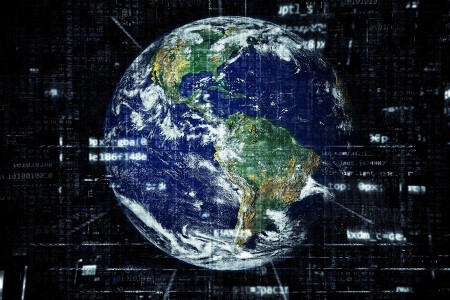
Open Internet Leader, Thato Mochone examines how governments in Southern Africa are utilizing the disinformation and misinformation surrounding the coronavirus pandemic as a means to restrict the freedom of expression.
The coronavirus pandemic (COVID-19) has engendered panic, fear, and hopelessness. Facing the seemingly endless rising rates of COVID-19 infections and deaths, governments around the globe are implementing and enforcing lockdowns in an effort to reduce the number of infections. As a result, citizens are relying on the internet for information, employment, and to stay connected with loved ones more than ever before, leading to a growing dependence on social media and communication platforms. In the early months of the pandemic, global online data traffic rose by 20 percent.
Inaccurate or misleading news stories, such as those promoting conspiracies that 5G contributes to the spread of COVID-19 or myths that certain ethnic groups are immune to the virus, have hindered efforts to respond to the pandemic in an effective way. Despite efforts by governments and health advisors to provide accurate information about the disease, such disinformation (information intended to mislead) and misinformation (inaccurate information) continue to spread at an alarming speed. With more individuals relying on the internet during the pandemic, this false or misleading information is reaching wider audiences than ever before.
In some cases, the whirlwind of accurate or inaccurate new stories (whether intended or not) provides a cover for some governments to use concerning tactics, such as internet shutdowns or slander and defamation laws, to suppress independent media and citizens under the pretext of curbing misinformation surrounding the pandemic. Governments in Southern Africa are no exception.
Eswatini, for instance, enacted a regulation that prohibits the use of print or electronic media for information on COVID-19, "without the prior permission of the Minister of Health." The regulation also criminalizes any publication with "the intention to deceive any other person about COVID-19" and prohibits the individuals or organizations from "spreading rumors or unauthenticated information about COVID-19."
Under the new law responding to COVID-19 in Zimbabwe, Section 14 criminalizes any "false news" publication or communication about public servants who are "involved with enforcing or implementing the national lockdown in his or her capacity…, or about any private individual that has the effect of prejudicing the State's enforcement of the national lockdown." It is clear that this regulation aims to protect government officials while failing to target misinformation about COVID-19.
Stemming the flow of misinformation and disinformation is important, but achieving this goal cannot be at the expense of freedom of expression. Certain approaches can protect rights and freedoms of citizens in the face of this "infodemic." These include establishing credible sources of information, improving transparency on the government's response to the pandemic, rolling out robust campaigns on the health risks posed by COVID-19, encouraging fact-checking, sharing verified information, and promoting media freedom. Through these approaches, the public and governments alike can help ensure the protection of freedom of expression and a free flow of news as well as information that aides the response to the pandemic.
- Log in to post comments